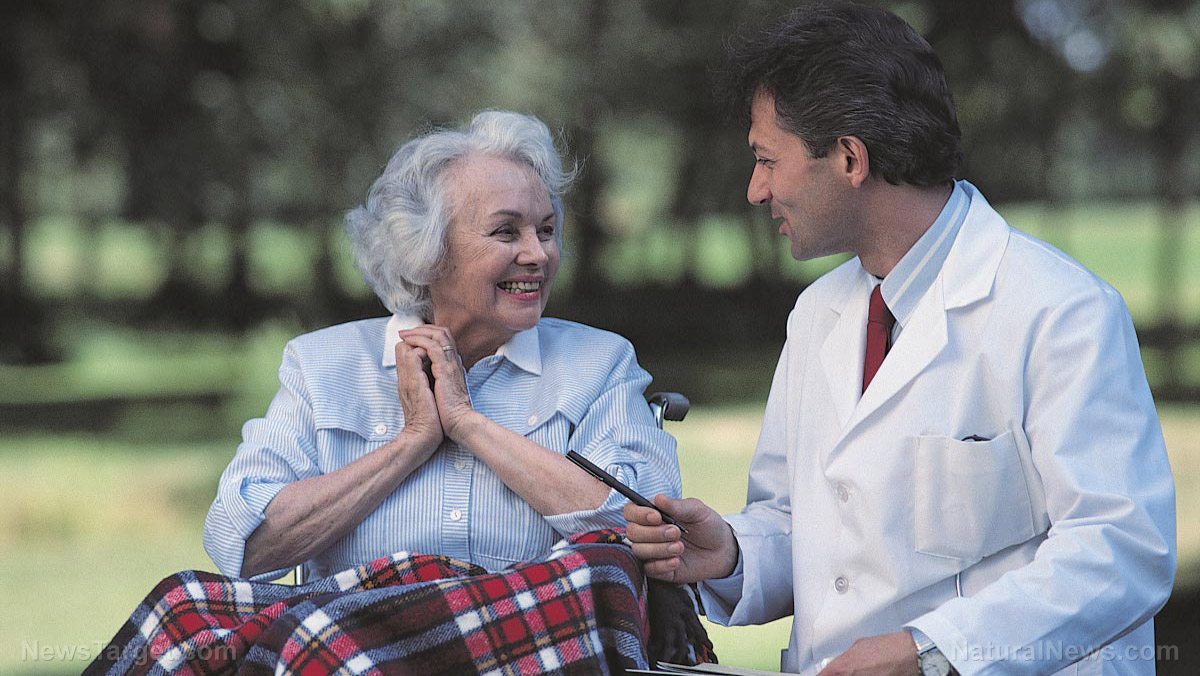
Advertisement
A study conducted by researchers from the University College London (UCL) has found that following the Mediterranean diet can lower the risk of frailty in older individuals. This study was published in the Journal of the American Geriatrics Society.
The Mediterranean diet is a diet that patterns itself around the traditional foods and eating habits of Italy and Greece during the 1960s. The diet focuses on eating fruits, vegetables, whole grains, legumes and nuts and seeds. The diet also emphasizes the consumption of fish and seafood, poultry, eggs, herbs and spices, and healthy fats such as extra virgin olive oil. The diet also makes it clear that it’s important to avoid the consumption of unhealthy foods such as added sugars, refined grains and oils, trans fats, processed meat and other highly processed foods.
According to the researchers, the Mediterranean diet can help keep people strong and healthy in their twilight years.
Older adults often show signs of frailty, and individuals are at high risk as they age. Most of the time, these “frail” older individuals can be negatively affected by symptoms such as low energy, weight loss, and weak muscle strength. These symptoms can then cause serious health concerns, ranging from falls and fractures to disability, dementia and premature death. They are also at higher risk of being hospitalized or being placed in nursing homes. Among older adults, frailty is associated with a lower quality of life.
The Mediterranean diet can improve quality of life
The researchers reviewed data published in studies that examined the associations between sticking to a Mediterranean diet and the development of frailty in older adults. Their study included nearly 5,800 people in four different studies conducted in Spain, Italy, France and China. Their search was focused on how proper nutrition, especially later in life, might decrease the risk of frailty.
“People who followed a Mediterranean diet the most were overall less than half as likely to become frail over the nearly four-year period compared with those who followed it the least,” said co-study author Kate Walters of UCL.
The researchers wrote that based on their findings, the diet helps older individuals preserve their muscle strength, activity, weight and energy levels. “Our study supports the growing body of evidence on the potential health benefits of a Mediterranean diet, in our case for potentially helping older people to stay well as they age,” said co-author Gotaro Kojima of UCL.
While older individuals who followed the Mediterranean diet had a lower chance of becoming frail, it remains to be seen if the people who observed the diet had “other characteristics” that may have contributed to this.
Dr. Walters shared, “While the studies we included adjusted for many of the major factors that could be associated — for example, their age, gender, social class, smoking, alcohol, how much they exercised, and how many health conditions they had — there may be other factors that were not measured and we could not account for.” She concludes that she and the rest of her team need to look into larger studies to determine if “increasing how much you follow a Mediterranean diet will reduce your risk of becoming frail.”
Other ways to improve bone health
There are other ways that you can improve the health of your bones. Here are five:
- Consume supplements — Supplement your diet with essential vitamins and minerals. Particularly, vitamin D, calcium and omega-3 fatty acid supplements. Consult with your natural health practitioner to figure out what supplements your aging body needs to stay strong and healthy.
- Eat a balanced diet — Your body needs as many nutrients as it can get. Fish, raw dairy and leafy green vegetables are rich in calcium and vitamin D. Other bone-enhancing foods include flaxseed and blueberries.
- Get rid of unhealthy foods — Foods that are highly processed or have excess amounts of salt in them have been shown to prevent the absorption of calcium. The same goes for beverages that have too much caffeine in them.
- Exercise at least 30 minutes every day — Exercises that can strengthen your bones include yoga and tai chi. Even just walking can help boost your bone health.
- Absorb as much healthy sunlight as you can get — This means you need to expose yourself to five to 10 minutes of sunlight early in the morning. Sunlight helps the body absorb and process the vitamin D that you receive from the food you eat.
The Mediterranean diet involves the consumption of plenty of superfoods. To learn more about which superfoods you need to eat, check out Superfoods.news.
Sources include:
Advertisements







